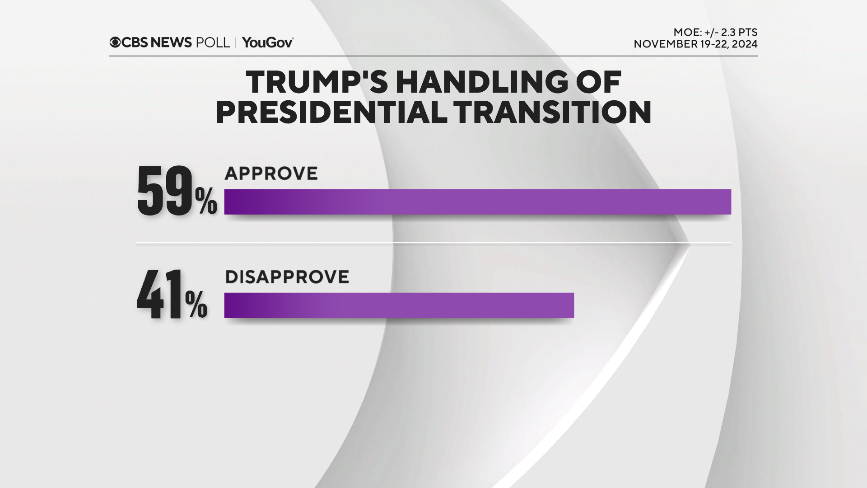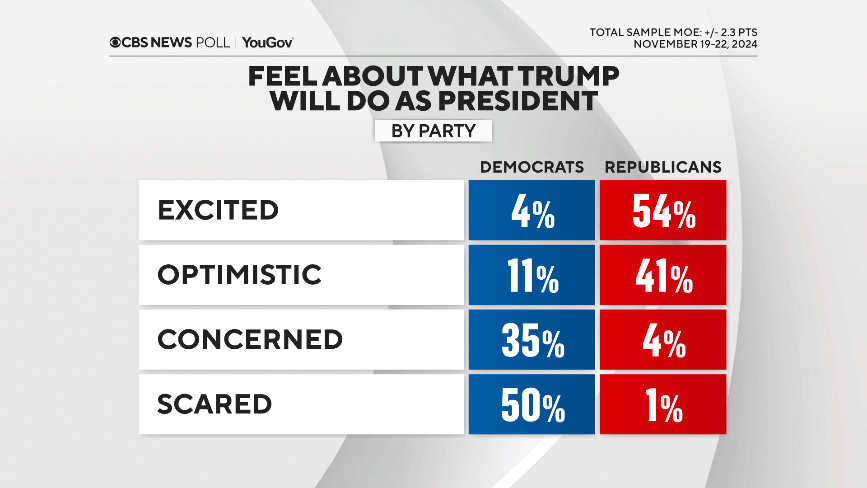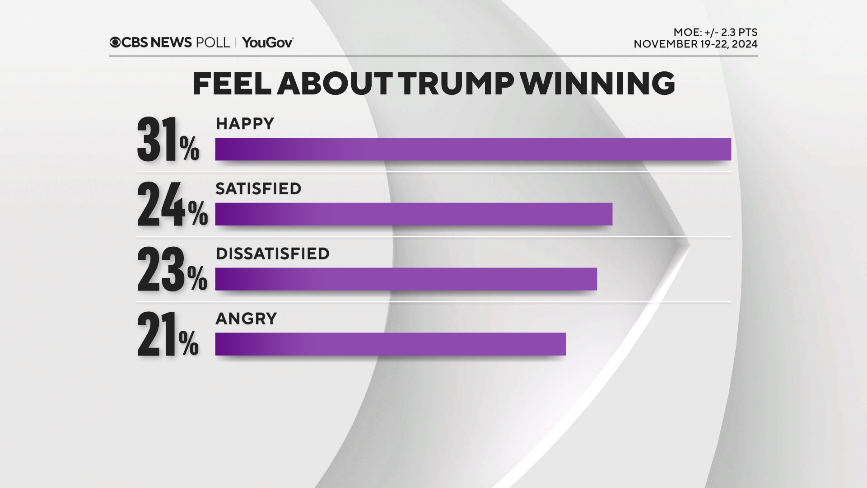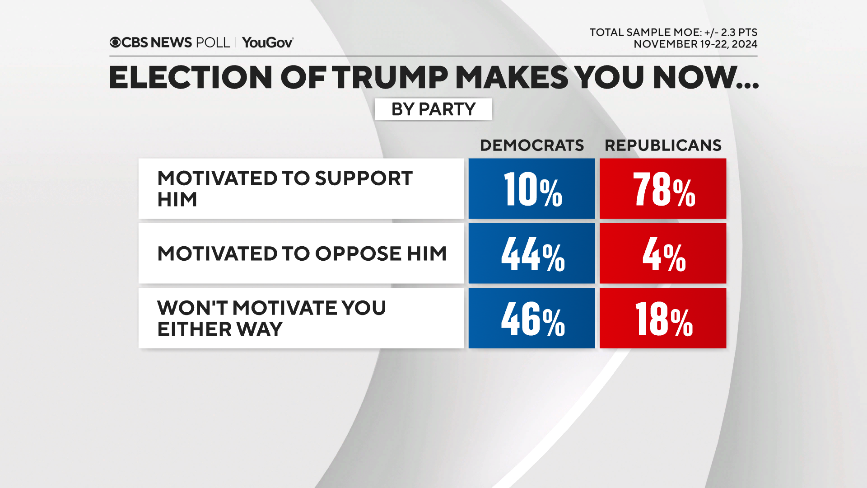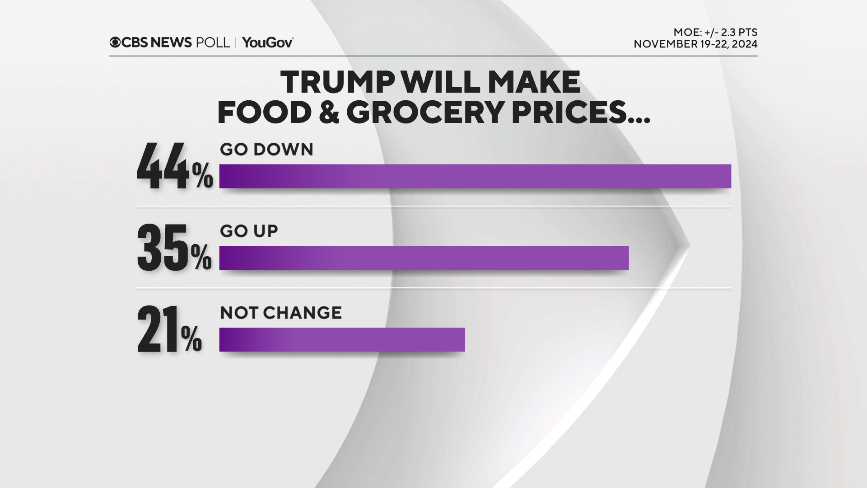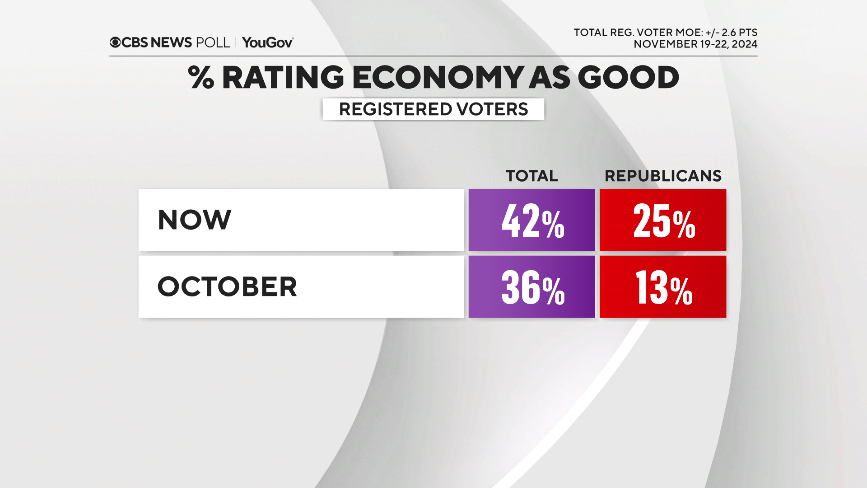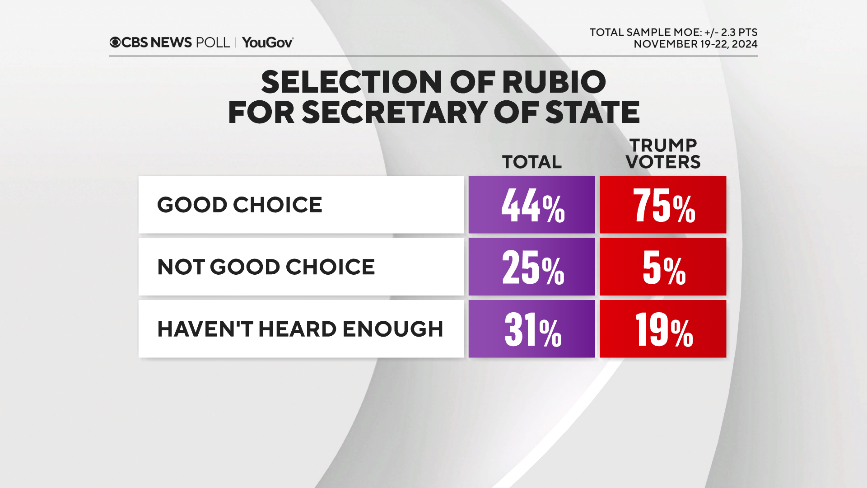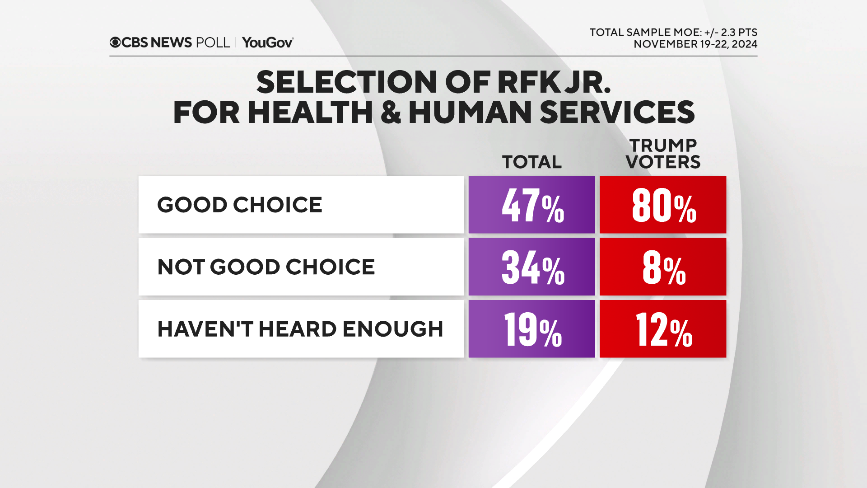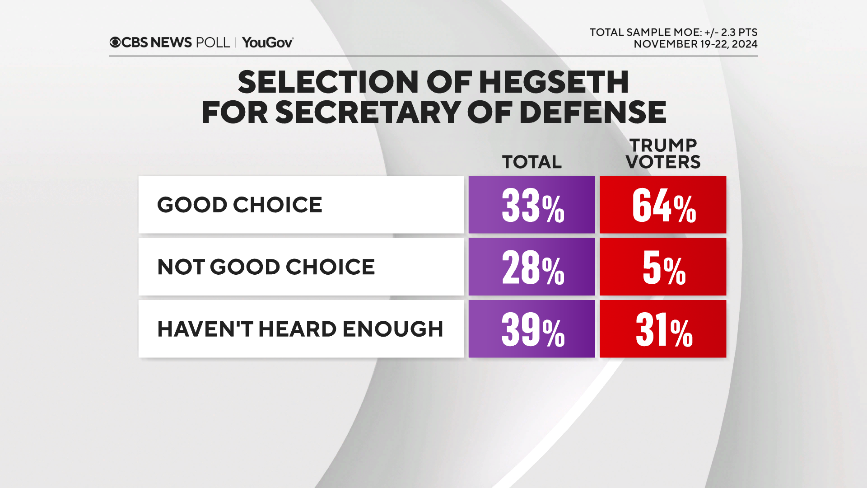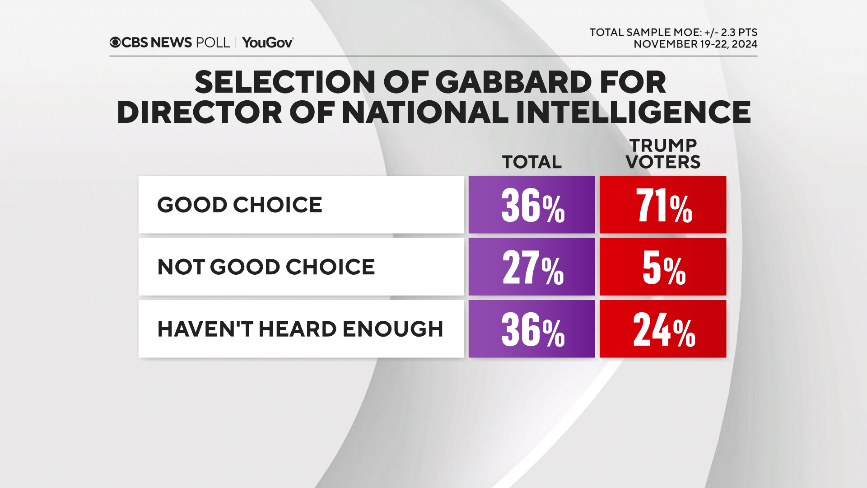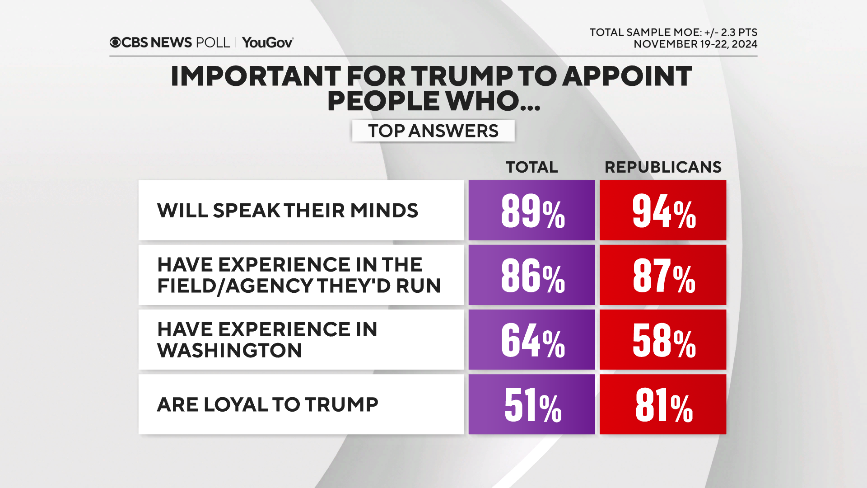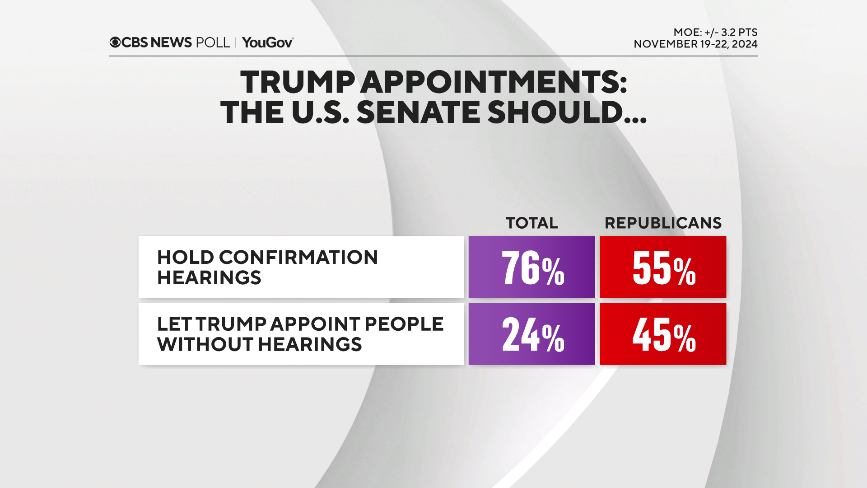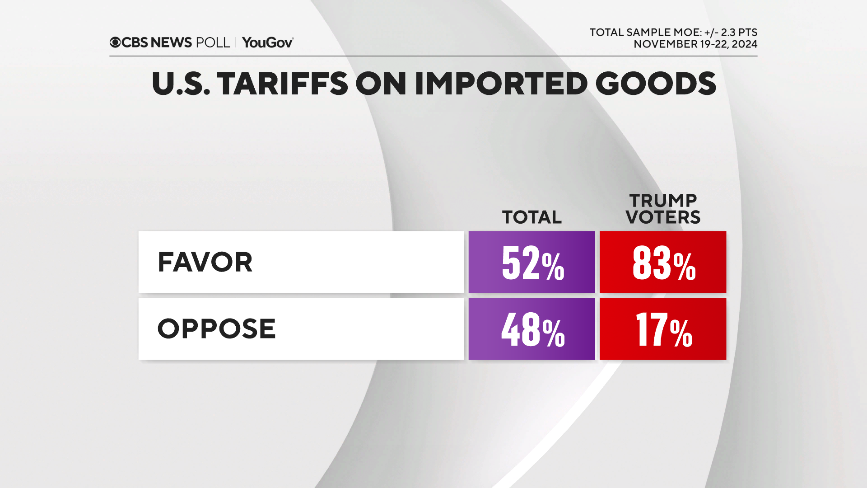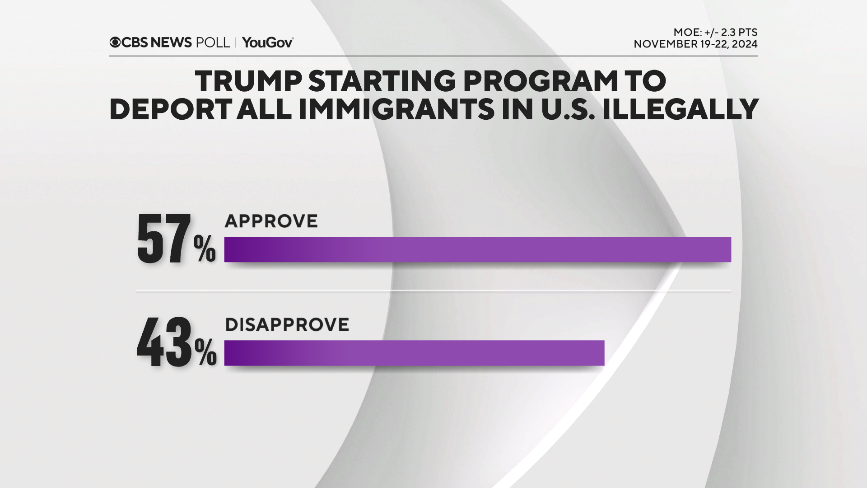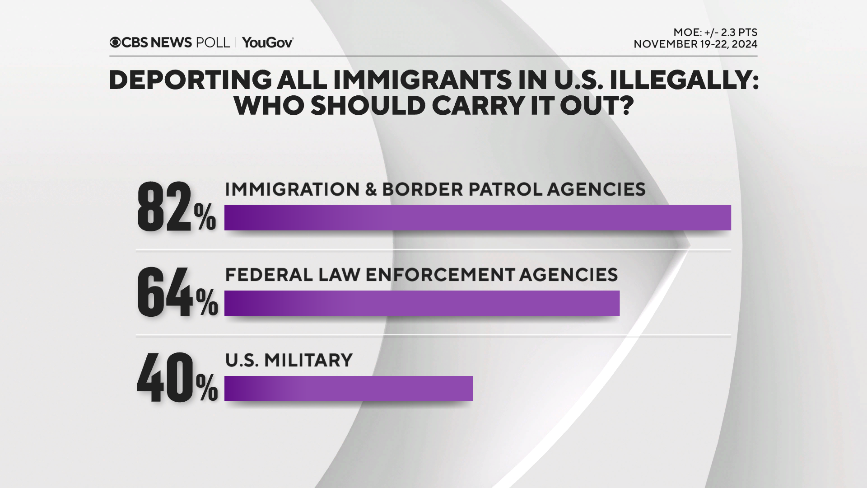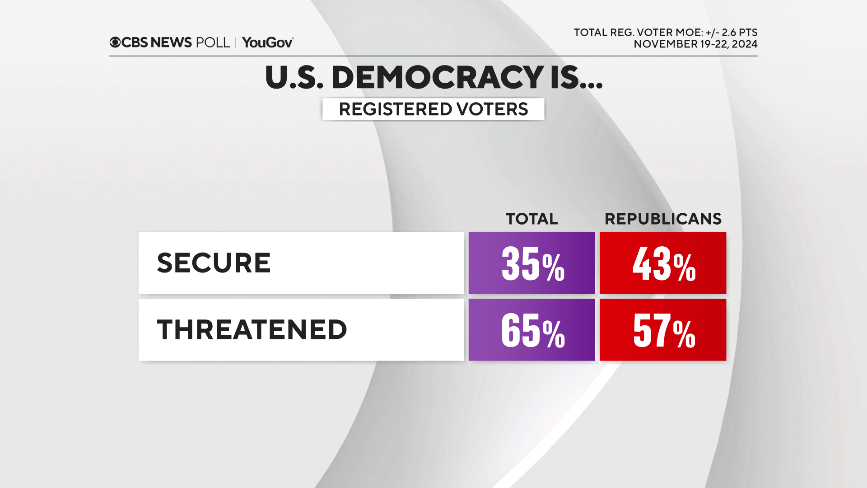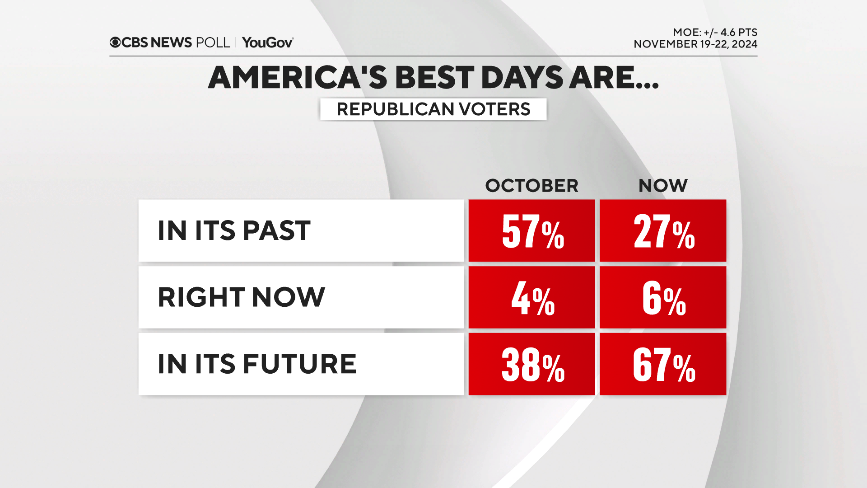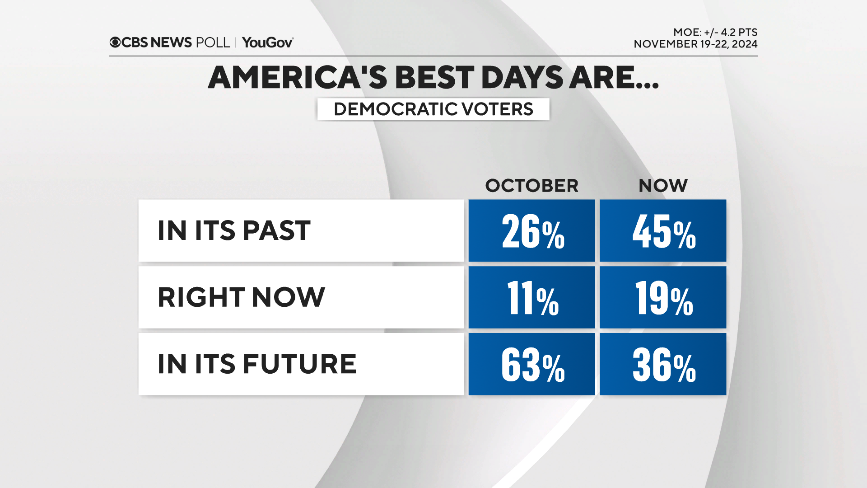CBS News
Does long-term care insurance cover adult day care?

Willie B. Thomas / Getty Images
Are you thinking about buying a long-term care insurance policy? If so, you may be making a wise decision. As you age, you may need help with daily tasks – nearly 70% of Americans do at some point after they turn 65. And, long-term care insurance can help you cover the cost of that help. But, as with any other type of insurance, it’s important to consider policy coverages and how the policy’s coverage relates to your needs.
For example, some older adults would prefer to age at home with friends and family. A 2021 AARP survey said 77% of adults older than 50 wanted to remain in their home and a 2022 University of Michigan poll said 88% of adults felt it important to remain in their home for as long as possible. But, even with friends and family members who are willing to help with their care, those who age at home may need adult day care services occasionally. These services can provide care, meals, social activities, recreation and more for those in need. But, according to Genworth, those services will average more than $25,000 annually. So, does long-term care insurance cover adult day care?
Get long-term care insurance today to make sure your needs are covered later.
Does long-term care insurance cover adult day care?
“Long-term care insurance absolutely covers adult daycare services, and most policies have for a very long time,” explains Bill Comfort, CLTC, director of training at Certification for Long-Term Care, a training company that provides certifications for long-term care insurance agents. “New policies are ‘comprehensive,’ meaning they cover the entire care continuum including home care, adult daycare, assisted living and memory care facilities and nursing homes.”
But, if you have a policy you purchased in the 1990s, your coverage may be different. “With older policies, particularly those sold in the 1990s, adult daycare was part of the home care or ‘home and community care’ benefit, which was often sold as a separate rider.”
It’s also important to read the policy details before you purchase it as some may consider adult day care services as informal care.
“Adult day care, where long-term care services are being provided, certainly meets the requirement for reimbursement, assuming the policy provides for informal care,” explains Larry Nisenson, CGO at Assured Allies, a firm that helps older adults plan for their care. “Most new long-term care policies, including traditional and hybrid policies, certainly cover these types of facilities but it’s always prudent to check your policy or call the carrier to confirm coverage details.”
Compare comprehensive long-term care insurance policies now.
What else does long-term care insurance cover?
So, long-term care insurance covers adult daycare. But, what else does this type of insurance cover? “It can cover home health care aides and nurses,” explains Virginia Barausky, national director of sales at The Pinnacle Group, a firm that helps consumers and financial advisors with insurance and long-term care needs planning. “Assisted living facilities are also covered by long-term care policies.” And, she explains that even “nursing home care is covered by long-term care policies.” Here’s what those services offer and how much they cost if you don’t have a long-term care insurance policy to pay for them.
- Nursing homes: Nursing homes are facilities that employ highly skilled nurses to help those who need care on a round-the-clock basis. As such, they are best for those who need a high level of care throughout the day. These are typically the most expensive forms of long-term care with a price tag that averages over $100,000 per year.
- Assisted living communities: Assisted living communities are an option for those who need help with some tasks, but prefer to live a more active and independent lifestyle. Assisted living communities can also be significantly less expensive than nursing homes. According to Genworth, the average annual cost of an assisted living community is expected to be just over $66,000 through 2024.
- Home health aides: Home health aides offer long-term care services in the comfort of your own home. Depending on the level of care you need, home health aides may provide your care on an hourly basis or be available all day. Of course, the cost of home health aides will vary depending on the level of care you need and other factors. Nonetheless, the average annual cost of a home health aide is expected to be $77,769 through 2024.
The bottom line
Long-term care insurance typically provides a wide array of coverage, including coverage for adult day care services as well as other forms of long-term care – like nursing homes, assisted living communities and home health aides. Compare your coverage options and purchase a policy today to make sure you have access to the care you may need.
CBS News
Good enough to eat: Noah Verrier’s paintings of comfort food

Watch CBS News
Be the first to know
Get browser notifications for breaking news, live events, and exclusive reporting.
CBS News
A study to personalize nutrition guidance just for you

Watch CBS News
Be the first to know
Get browser notifications for breaking news, live events, and exclusive reporting.
CBS News
CBS News poll finds Trump starts on positive note as most approve of transition handling

President-elect Donald Trump’s incoming administration starts off with mostly good will from the public: a majority of Americans overall are either happy or at least satisfied that he won and are either excited or optimistic about what he’ll do as president.
Trump’s handling of his presidential transition gets approval from most Americans overall and brings near-universal approval from his voters, along with a net-positive response about his selections for Cabinet posts, in particular, Sen. Marco Rubio, who is Trump’s pick to be secretary of state.
After inflation and the economy so dominated the election, Americans are more inclined to think his administration will bring down prices for food and groceries rather than raise them, and his voters overwhelmingly say that. Going into the election, his backers expected that, too.
In a similar vein, Trump’s election already has some Republicans’ views of the economy improving.
Overall, Republicans today are more excited about what Trump will do as president now than they were in 2016 when he was first elected.
Democrats say they feel more scared about what Trump might do than they did in 2016, and a large majority of Democrats think as president he will threaten their rights and freedoms. But at the same time, there seems to be a sense of exhaustion, as fewer than half of Democrats feel motivated to oppose Trump right now.
Americans, and Democrats specifically, do think the Biden administration should work with the incoming Trump administration to ensure a smooth transition, and that congressional Democrats should work with Donald Trump on issues where they find common ground.
Trump and the economy
After winning comes expectations. There’s a net optimism about the incoming administration’s effect on food and grocery prices, especially among Trump’s voters. That comes as most Americans continue to say prices are currently rising. And inflation was a big factor in Trump winning in the first place.
It may be no surprise then that among many potential items for the incoming administration, Americans say plans to lower prices ought to be the top priority.
The percentage of Republicans who call the U.S. economy good, while still low, has gone up, as the percentage who call it very bad has dropped. That pushes voters’ overall evaluation of the economy slightly higher than it’s been this year — and further spotlights how much partisanship, along with optimism, always plays into these evaluations.
Trump selections of Cabinet and agency chiefs for his administration
Trump’s current selections for agency heads and Cabinet picks get rated overwhelmingly as good choices from Trump’s voters, and are net-positive as selections among Americans who have heard enough about them to say. (Many have not heard enough yet.)
As a general rule, Americans want Trump to appoint people who’ll speak their minds and who have experience in the field or agency they’ll run. But in addition to those qualities, Republicans also want people who’ll be loyal to Trump.
A large majority of Republicans and Trump voters think Elon Musk should have at least some influence in the Trump administration. Americans overall are more split on that, largely along partisan lines.
Big majorities of Americans — and a slight majority of Republicans — would like to see the Senate hold hearings on his nominations, rather than let him make those appointments without it.
(Within self-identified Republicans, MAGA Republicans are relatively more inclined to say the Senate should skip the hearings.)
That sentiment holds whether or not people are told or reminded that the Constitution says the Senate should give advice and consent.
As a general matter, though, most of Trump’s voters and most Republicans do want Trump to have more presidential power this term than he did in his last. That sentiment is higher among Republican voters now than during the campaign.
Trump policies
On another economic front, Trump’s voters overwhelmingly favor the idea of tariffs: most of them don’t believe that will make prices higher. (For the third who believe tariffs will raise prices but support them anyhow, this is presumably a cost they’re willing to bear.)
For the public overall, opposition to tariffs goes hand in hand with the belief they’ll lead to higher prices.
As was the case with voters throughout the campaign, most Americans would, in principle, approve of a new mass deportation program.
If the Trump administration does start a mass deportation program, most of the public would have it carried out by law enforcement or current immigration agencies — most would not have the U.S. military do it.
Elections and democracy
The 2024 results have shifted Republicans’ views of U.S. democracy and also returned some confidence to their view of U.S. elections. Few Republicans suspect fraud in 2024. They overwhelmingly did about 2020.
Following Trump’s victory, there’s been an increase in the number of Republicans who say democracy and rule of law is secure, though most Americans continue to say it is not.
Looking ahead, there’s another shift along partisan lines. Throughout the campaign, Republicans said America’s best days were in its past, while Democrats felt they were in the future. These views are reversed now. After Trump’s win, most Republicans feel America’s best days are in its future.
This CBS News/YouGov survey was conducted with a nationally representative sample of 2,232 U.S. adults interviewed between November 19-22, 2024. The sample was weighted to be representative of adults nationwide according to gender, age, race, and education, based on the U.S. Census American Community Survey and Current Population Survey, as well as 2024 presidential vote. The margin of error is ±2.3 points.



